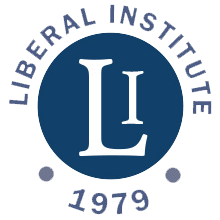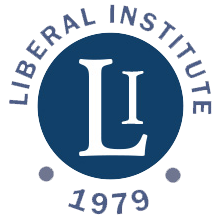
I am often asked why Switzerland is so slow in the European Integration process. My favoured answer is: „You can’t go slowly enough in the wrong direction“. The EU has been founded to promote free trade, but in fact it has turned to a bureaucratic, interventionist and egalitarian organisation governed by technocrats and soft-socialists.
These days few opponents remain to free trade and to open markets. Most people advocate in general free markets but they like to combine the principle with restrictions and regulations in order to improve the results and to make the system „more just“, „more rational“, “more efficient“ and “more social“ leading to concepts which we could call “market plus something”.
The days with free traders on one side and central planners on the other side are past. The controversy between free traders and „more or less free traders“ however is more complex. What about these „more-or-less-free-traders?“
Six types can be spotted:
All of them can harm. Their motives may be well intended but the results are – in the long run at least – disastrous. Although there is no ideological proof to back up this point of view, there is substantial empirical evidence for it.
The transformation of centrally planned economy to a market economy is often categorized as a change of system A to system B. Starting with this assumption we are always tempted to take the so-called “good elements” from system A (socialism) and integrate them into system B (free market), in order to create a “third way” system C, and thereafter to find a particularly attractive new label for it, such as “New Labour” or “Rhenish model” or “Polder model”. This kind of constructivism I firmly oppose. The difference between a socialist economy and a free market economy is not the difference between system A and system B, it is the difference between system and non-system.
All “third ways” are still on the „system-side“, they are just variations of socialism. What makes the difference is not „individualism versus collectivism“,I am not against any kind of regulation. Free market without any regulations is utopism. It is a model, it is a good one, but it is far away from reality.
I don’t believe that all kinds of regulation can be abolished in one step. The first best option is for there to be no regulation. The second best is competing regulation in small units. Learning by comparing. Let us retain what stands the test of time and abolish whatever proves to be a failure!

Always stay up to date
Receive information about current publications and events around once a month.
The Liberal Institute is delighted to hear from you.
LIBERALES INSTITUT
Hochstrasse 38
8044 Zürich, Schweiz
Tel.: +41 (0)44 364 16 66
institut@libinst.ch
INSTITUT LIBÉRAL
Boulevard de Grancy 19
1006 Lausanne, Suisse
Tel.: +41 (0)21 510 32 00
liberal@libinst.ch
ISTITUTO LIBERALE
Via Nassa 60
6900 Lugano, Svizzera
Tel.: +41 (0)91 210 27 90
liberale@libinst.ch

Receive information in German about current publications and events about once a month.